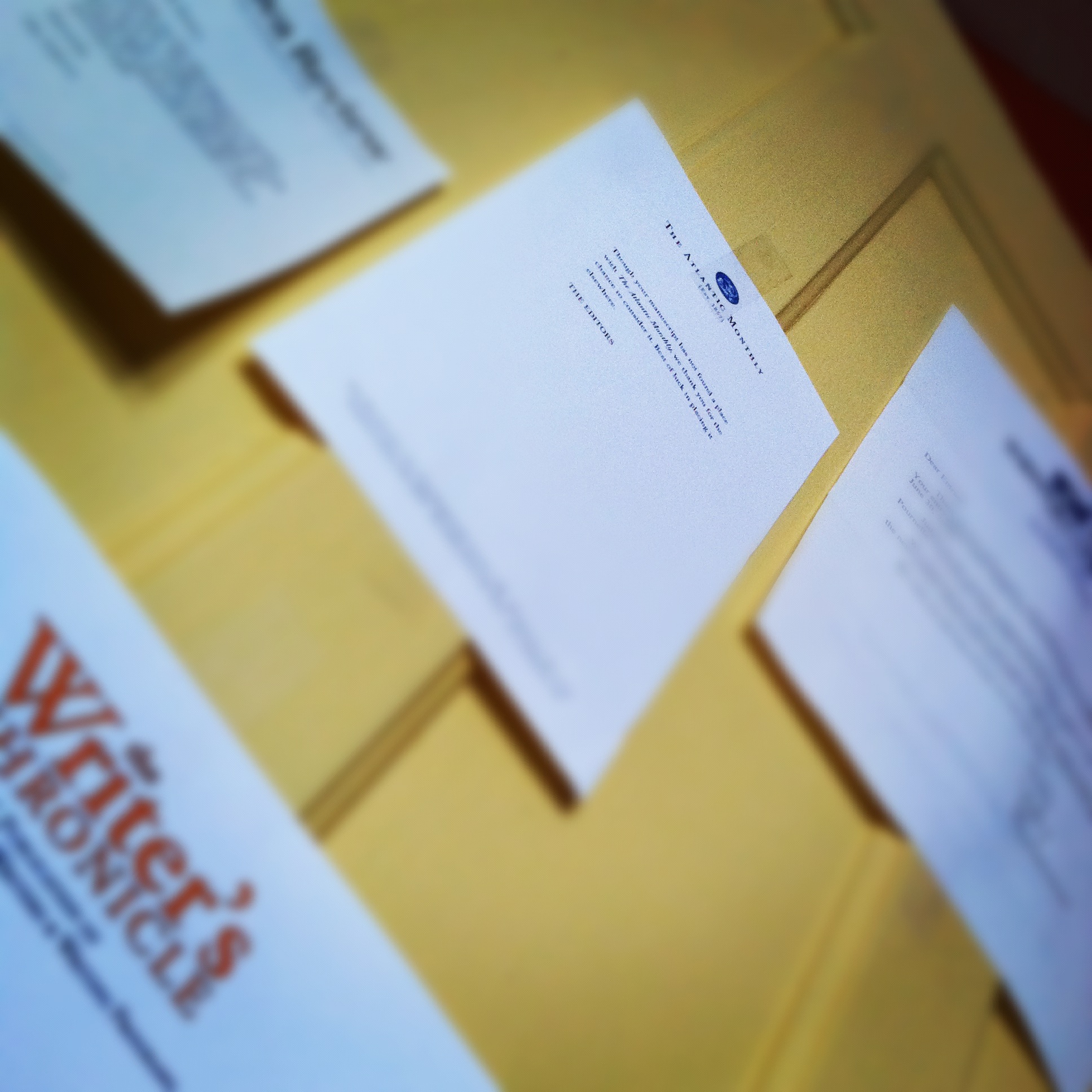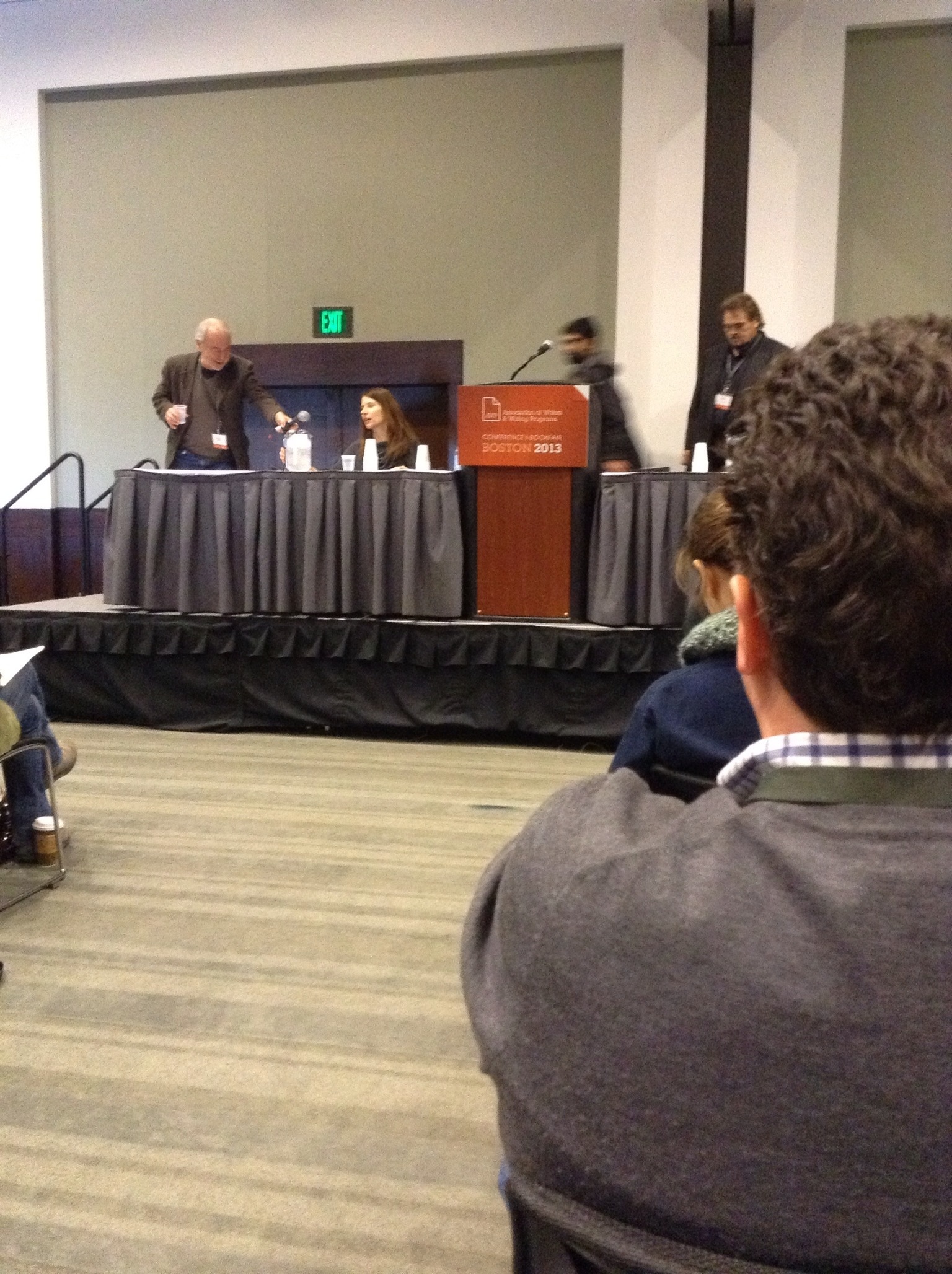Today I got such a nice rejection letter from a literary journal that it made my day.
I know. If anyone had told me when I was starting out that a rejection letter would make my day someday, my eyes would have rolled so hard that they would have come loose.
But this rejection letter, from a journal I love and respect, was a thing of beauty. It included the words “very impressed by your writing” and suggested that I send something else in the future.
If it had been an actual letter rather than an email, I might have clutched it to my bosom.
I’m reasonably sure it was a form letter, but that doesn’t bother me. Not even a little.
The “Good” Rejection
I’ve heard from editors that journals have at least two form letters on file to send to rejected writers. One is the “encouragement” letter (dear X, we love your work but it’s not right for our journal) and then there is the other one (Thank you for sending your work to us. We cannot accept it at this time). I am always thrilled to get the first one.
Yet the second kind of letter isn’t so bad either. A teacher in my MFA program used to say that she was immune to rejection because she was always submitting. She’s right: if you submit enough, you do get used to rejection. You also get used to the idea that the rejection is not personal. Your work isn’t terrible; it really isn’t right for the journal, or there isn’t enough space in the journal for your piece this quarter. It’s not about you. It’s about the journal’s needs. If your piece doesn’t fill those needs, well, try again somewhere else. No harm. No foul.
Real Writers Get Rejected
I used to hate rejections. An old writing group of mine held rejection letter burning parties on Valentine’s Day. That sort of catharsis can be really helpful, but I found, after a while, that I no longer wanted to burn my letters (especially if I actually got a paper letter on real letterhead or even one of those little rejection slips). I started taping the letters to the wall in my office, not as a reminder that I had been rejected, but as a reminder that I’d actually sent short stories out.
Whenever I feel like I’m not actually living the writing life, when I envy someone else’s success, or when I doubt that I’m a “real writer,” all I have to do is look at those letters. They remind me that not only am I producing work, I’ve also had the guts to send that work to journals. ,
And this is important, because although I don’t mind being rejected by journals, I still hate submitting to them. I hate it with a passion.
But that’s another blog post for another time.
I’m off to print out an email and hang it on the wall. Then I’ve got a short story to resubmit.


